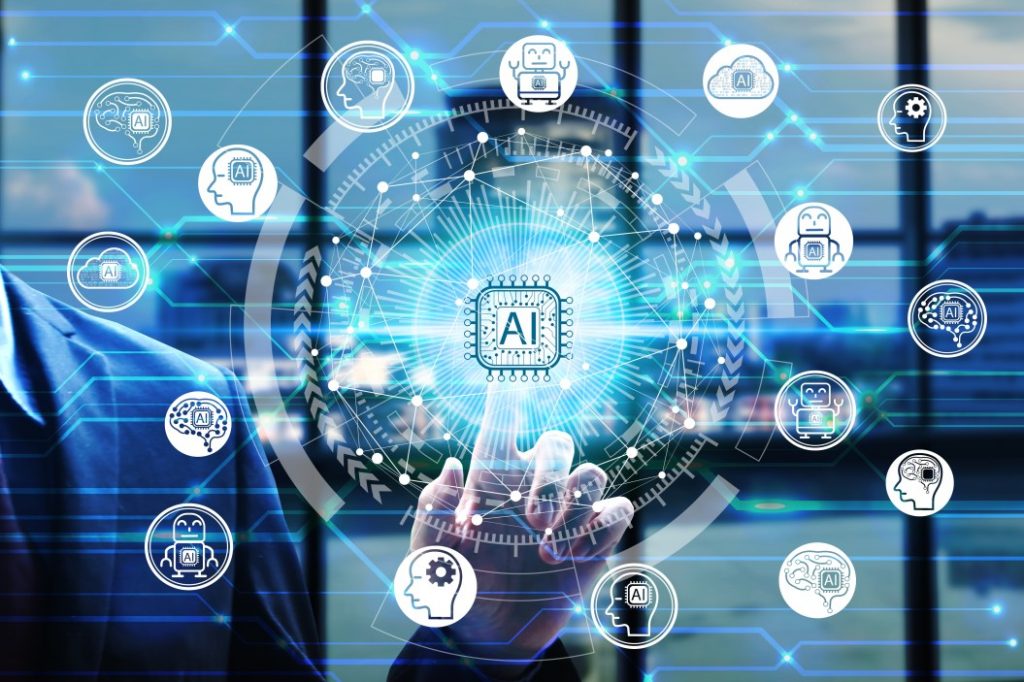OpenAI is getting trolled for its name after refusing to be open about its A.I.

Whats in a name? Consider OpenAI, the game-changing creator of ChatGPT that was founded as a nonprofit with the goal of bringing safety and transparency to the development of artificial intelligence. This week, it unveiled a new and improved A.I. tool called GPT-4 without revealing much about the long-anticipated programs inner workings. Critics, including Elon Musk, are questioning the direction of the now more secretive capped-profit venture heavily backed by Microsoft.
Musk, the Tesla and Twitter CEO who cofounded OpenAI when it launched in 2015and made a hefty donationnoted the change last month, tweeting:
OpenAI was created as an open source (which is why I named it Open AI), non-profit company to serve as a counterweight to Google, but now it has become a closed source, maximum-profit company effectively controlled by Microsoft. Not what I intended at all.
Of course, this might be dismissed as the grumblings of a mercurial billionairehe also complained this week about how a non-profit to which I donated ~$100M somehow became a $30B market cap for-profitbut Musk isnt alone in noting the incongruity now lurking in the name OpenAI.
Ben Schmidt, an A.I. expert and executive at information cartography firm Nomic AI, joined in with a tweet on Tuesday: I think we can call it shut on Open AI: the 98-page paper introducing GPT-4 proudly declares that theyre disclosing *nothing* about the contents of their training set. Schmidt shared a portion of the paper, titled GPT-4 Technical Report, that reads, Given both the competitive landscape and the safety implications of large-scale models like GPT-4, this report contains no further details about the architecture (including model size), hardware, training compute, dataset construction, training method, or similar.
I dont mind sharing nothing about the technical details of your model, but at least rename the company from ?@OpenAI to ClosedAI, tweeted Walid Magdy, a fellow at the A.I.-focused Alan Turing Institute in London. Others also suggested ClosedAI.
When podcaster Lex Fridman tweeted on Thursday that he would interview OpenAI CEO Sam Altman next week and asked for suggestions on what to ask him, the irony of the companys name came up several times.
Anton Wiehe, cofounder of German A.I. startup AdaLab, suggested asking whether OpenAI would consider a name change and why its against open-source now.
Ilya Sutskever, OpenAIs chief scientist and cofounder, recently addressed the company changing its approach to sharing its research, noting the potential dangers posed by A.I. and, later perhaps, artificial general intelligence (AGI), when machines will supposedly be able to understand or learn any intellectual task a human can. In an interview with The Verge published on Wednesday, he said:
We were wrong. Flat out, we were wrong. If you believe, as we do, that at some point, A.I.AGIis going to be extremely, unbelievably potent, then it just does not make sense to open-source. It is a bad ideaI fully expect that in a few years its going to be completely obvious to everyone that open-sourcing A.I. is just not wise.
He added that at some point it will be quite easy, if one wanted, to cause a great deal of harm with those models. And as the capabilities get higher it makes sense that you dont want to disclose them.
In one small sign of the malicious intent out there, scammers are now using voice-cloning A.I. tools to sound like victims relatives in desperate need of financial help.
Yet Sutskever also acknowledged that the safety side is not yet as salient a reason as the competitive side, noting that its competitive out there and there are many, many companies who want to do the same thing.
But if the company is now focused on keeping its secrets for competitive reasons, does the name OpenAI still make sense?
In its founding statement, OpenAI, then still a nonprofit, stated, Our goal is to advance digital intelligence in the way that is most likely to benefit humanity as a whole, unconstrained by a need to generate financial return. Since our research is free from financial obligations, we can better focus on a positive human impact.
Another reason for OpenAI not sharing GPT-4s inner workings might be legal liability. A.I. language models and image generators are trained on large amounts of data on the internet, some of which might be protected by copyright.
A group of artists is currently suing three A.I. startups whose products let users generate sophisticated images by simply entering text prompts. They argue the companies make use of a data set that indexes billions of images from across the internet, among them the works by artists who did not give consent and were not compensated.
According to The Verge, Sutskever, when asked if OpenAI could state definitively that its training data doesnt include pirated material, did not reply.
Fortune reached out to OpenAI for comments but did not receive a reply.
Among those criticizing OpenAI over its name is Emad Mostaque, the founder and CEO of Stability AI, the company behind image generator Stable Diffusion, which competes with OpenAIs DALL-E 2 and is among the tools targeted in the artists lawsuit.
Stable Diffusion is open source, and Mostaque has been using that fact to rib OpenAI for its name and for not taking the same approach. On Thursday, he tweeted an appeal to OpenAI employees, writing: Open offer to anyone @OpenAI who actually wants to work on Open AI: We will match your salary, benefits etc but you can work on any open source AI projects you like, ours or others. Collaborate, be open and prioritise good outcomes over self interest.
On his Twitter bio, he also changed the URL linking to his companys website to read actuallyopenai.com.
The view of OpenAIs Sutskever that open-sourcing AI is just not wise may well gain more adherents as instances of bad actors misusing A.I. increase. But even if that does happen, doubts about OpenAIs name will likely persist.
2023 Fortune Media IP Limited. All Rights Reserved. Use of this site constitutes acceptance of our Terms of Use and Privacy Policy | CA Notice at Collection and Privacy Notice| Do Not Sell/Share My Personal Information| Ad Choices
FORTUNE is a trademark of Fortune Media IP Limited, registered in the U.S. and other countries. FORTUNE may receive compensation for some links to products and services on this website. Offers may be subject to change without notice.
S&P Index data is the property of Chicago Mercantile Exchange Inc. and its licensors. All rights reserved. Terms & Conditions. Powered and implemented by Interactive Data Managed Solutions.


